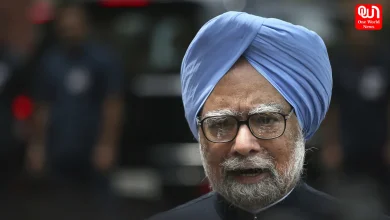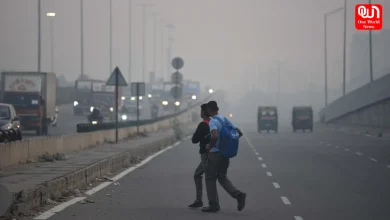Haryana’s Basmati Rice Crisis Resolved
Paddy farmers in Haryana rejoice as traders and exporters resolve a strike over a $1,200/tonne minimum export price for basmati rice, easing their harvest concerns.
Traders and Exporters End Strike Over Minimum Export Price, Easing Worries for Haryana’s Basmati Rice Producers.
Paddy farmers in Haryana can finally breathe a sigh of relief as traders and exporters have decided to end their strike, allowing the procurement of paddy from these farmers to resume. This decision comes after a five-day deadlock caused by the joint protest of rice exporters and millers against the Union government’s decision to set a minimum export price of $1,200 per tonne for aromatic long-grained basmati rice.
Tough times for #farmers:
Rain flattens paddy in #Punjab, #Haryana farms; drenches produce in mandis@IndianExpress @iepunjabhttps://t.co/vOvELAHjnb— Sukhbir Siwach (@SiwachSukhbir) October 17, 2023
Read more:-PM Modi In G20 Trade: Focus on Farmers, MSMEs
AIREA Supports Farmers
The All India Rice Exporters Association (AIREA) made this crucial move, considering the welfare of the farmers. Nathi Ram Gupta, the president of AIREA, explained that they have raised their concerns with the government regarding the minimum export price, which is still pending a final decision. However, to support the farmers, they have allowed traders to start procuring paddy for the domestic market.
A letter issued by the Ministry of Consumer Affairs, Food, and Public Distribution on October 14 stated that the existing minimum export price of $1,200 per tonne for basmati rice would continue beyond October 15 until further orders. This decision was met with strong opposition from rice exporters and millers, leading to their boycott of basmati rice procurement.
Read more:-Farmers Protest in Maharashtra Over 40% Onion Export Duty
Haryana Basmati Woes
Haryana, being a significant producer of basmati rice with a 42% share in total exports, felt the impact deeply. Thousands of basmati growers and traders faced uncertainty during the peak harvesting season. Traders and experts argued that the government’s decision was impractical, as they could not find international buyers willing to purchase basmati rice at $1,200 per tonne, especially when the average international market price had been around $900 per tonne for several years.
This development brings much-needed relief to the basmati growers who were struggling to find buyers while waiting in the markets with their harvest.
Liked this post?
Register at One World News to never miss out on videos, celeb interviews, and best reads.








